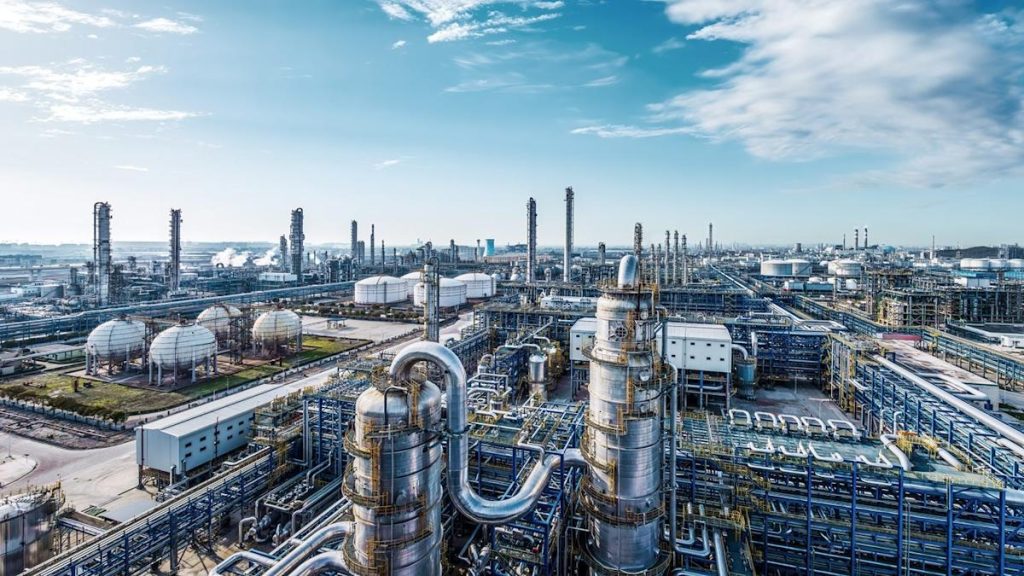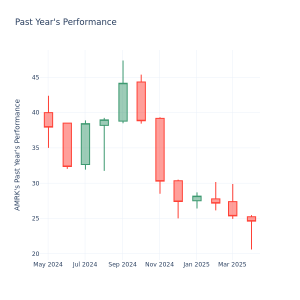
US refiners are unlikely to make significant investments to process more domestic crude oil, impacting efforts to boost domestic oil output, reported Reuters, citing sources.
The US produces mainly light shale crude, which requires different refinery configurations than heavier crude from Canada and Mexico, which currently supplies a large portion of US refineries.
More than 70% of US processing capacity is set for heavier grades, making a switch to lighter domestic crude a costly and lengthy process.
Chevron crude supply and trading vice-president Barbara Harrison was quoted by the news agency as saying: “Nobody is making these investment decisions based on very short-term market fluctuations.
“These investments do not happen overnight, the construction doesn’t happen, the permitting doesn’t happen overnight. So, you really need to make sure your investment is aligned with long-term market fundamentals.”
The growth of electric vehicles and increased competition from international refineries are already leading some US refiners to shut down instead of investing in reconfiguration, the report said.
Phillips 66, the fourth-largest US refiner, plans to cease operations at its 139,000 barrels per day (bpd) Los Angeles-area plant this year.
LyondellBasell Industries has also started shutting down its 263,776bpd refinery in Houston.
The Energy Information Administration forecasts a 20% fall in US net crude oil imports by 2025, driven by higher domestic production and lower refinery demand.
However, US oil output is expected to plateau by the end of the decade, discouraging refiners from building or modifying units.
Increasing capacity for lighter crudes at a medium-sized refinery can take years and cost hundreds of millions of dollars.
ExxonMobil’s $2bn investment in a 250,000bpd unit for light Permian shale oil at its refinery in Beaumont, Texas, took four years.
Chevron’s retrofit of its Pasadena, Texas refinery, completed in 2024, cost around $475m to expand lighter crude processing by nearly 15%.
According to the report, refiners have blended more lighter crude with imported heavy crude but are nearing the limit of how much more they can blend.
Independent refiners like Marathon Petroleum and HF Sinclair have considered shifting from heavier to lighter crudes but warned of potential impacts on refinery utilisation and yield.
Lighter crude tends to produce more naphtha and less diesel and jet fuel, potentially reducing overall crude processing.
If tariffs reduce Mexican and Canadian crude supplies, refiners may turn to other suppliers like Colombia.

